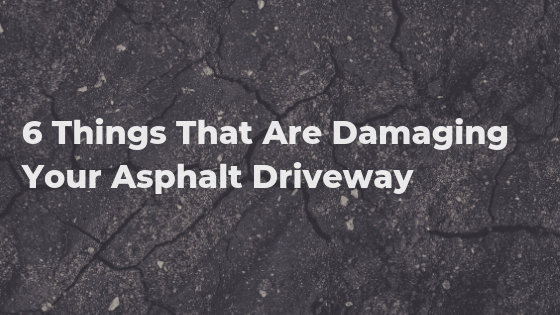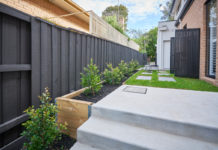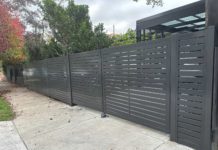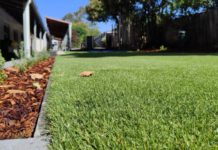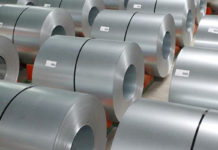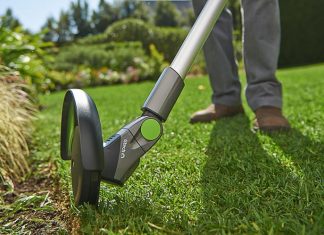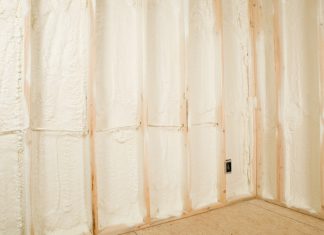Driveways are an essential part of any home because they add beauty and functionality to any real estate property. A fully functioning and well-maintained driveway also adds value to a house or an establishment because it meant that the buyer would no longer spend money to have it repaired. Moreover, it also sets people’s expectations of the property; it’s like having your first impression of a person.
Hence, driveways are worth the investment you put into them because aside from it being the first area of your home that welcomes guests, driveways are always used multiple times in a day. However, if you are looking to extend your driveway’s lifespan, you should also be aware of the factors that can easily deteriorate it.
Water
Rainwater is one of the primary factors that can damage an asphalt driveway. Rainwater that pools around a certain area of your driveway can seep through the asphalt and eventually speed up corrosion washing away the granular base of your driveway. When this happens, cracks begin to develop.
So although asphalt is a durable and flexible material, constant exposure to accumulated rainwater can still damage your driveway. The key to prevent this is to check the surface first and identify which areas could potentially be a catch basin for rainwater so you can address the issue right before paving your driveway.
Snow
Similar to rainwater, melted snow will seep through the small cracks in the asphalt once it thaws and then freezes again during winter months causing the gravel and sand underneath to erode and swell. Apart from that, there are also corrosive materials that we use during the winter season that are harming our driveways such as rock salt.
As much as rock salt is efficient in melting away the snow, it’s corrosive nature can actually hasten the freeze and thaw cycle which expands the cracks in your driveway. An alternative to using rock salt for snow clearing is sand which is an abrasive material that increases friction to make your driveway slip-resistant.
Tree Roots
There is no doubt that plants and trees add aesthetic appeal to any home. However, if you are planning to landscape your property, make sure that you have decent space between your trees and your driveway as the roots can eventually protrude and damage the asphalt. Make sure to have everything properly planned out to prevent this from happening. Another option is to use root barriers.
Oxidation from UV Rays
Asphalt oxidation is a natural and inevitable chemical reaction that happens once the asphalt is exposed to oxygen. However, during warmer seasons, the sun’s UV rays accelerate the oxidation process thereby taking years off your driveway’s lifespan. Oxidation itself cannot be avoided but it the rate it occurs can be reduced through having a regular driveway sealcoating.
Consistently Parking on the Same Spot
Repeatedly parking on the same spot can deform an already softened asphalt. As mentioned previously, heat softens the asphalt which in turn loses its shape when subjected to constant force and a tremendous amount of weight from cars and heavy load vehicles.
Poor Installation
A badly paved asphalt driveway will show early signs of deterioration. If you noticed cracks or potholes on the first or second year after installation, it may be because your paving contractor used substandard materials or the technicians who paved your driveway were poorly trained. Nonetheless, this should not be an issue if you have done your research and vetted the contractors before hiring them. To ensure that your driveway is in good hands, contact driveway repair Baltimore MD.
Remember that keeping your driveway in great condition is an investment so don’t feel guilty if you’re going the extra mile to make sure that your driveway will last you a long time!
On the other hand, if you’re a contractor looking to grow your paving business, let https://www.pavingdomination.com help you to double your sales.
